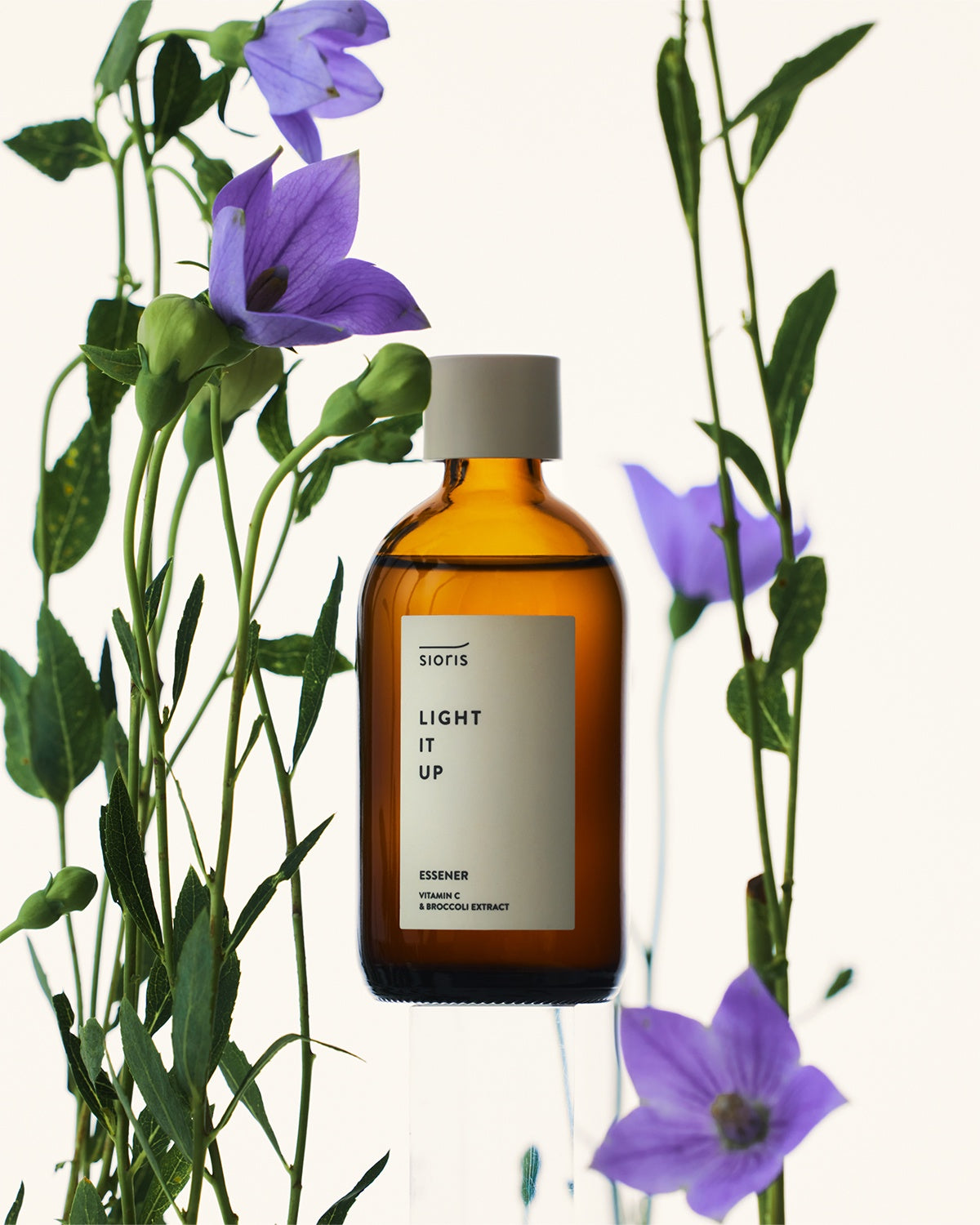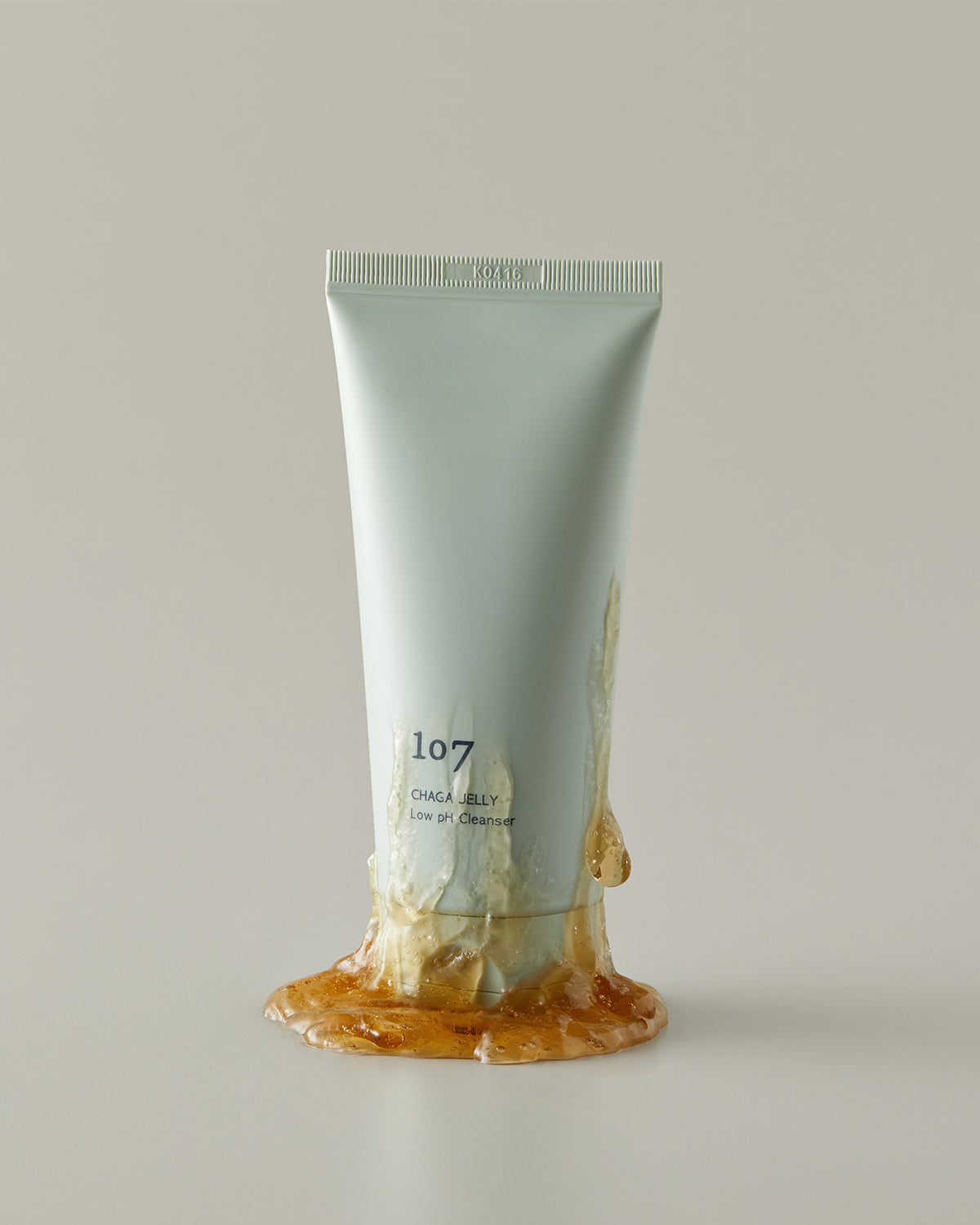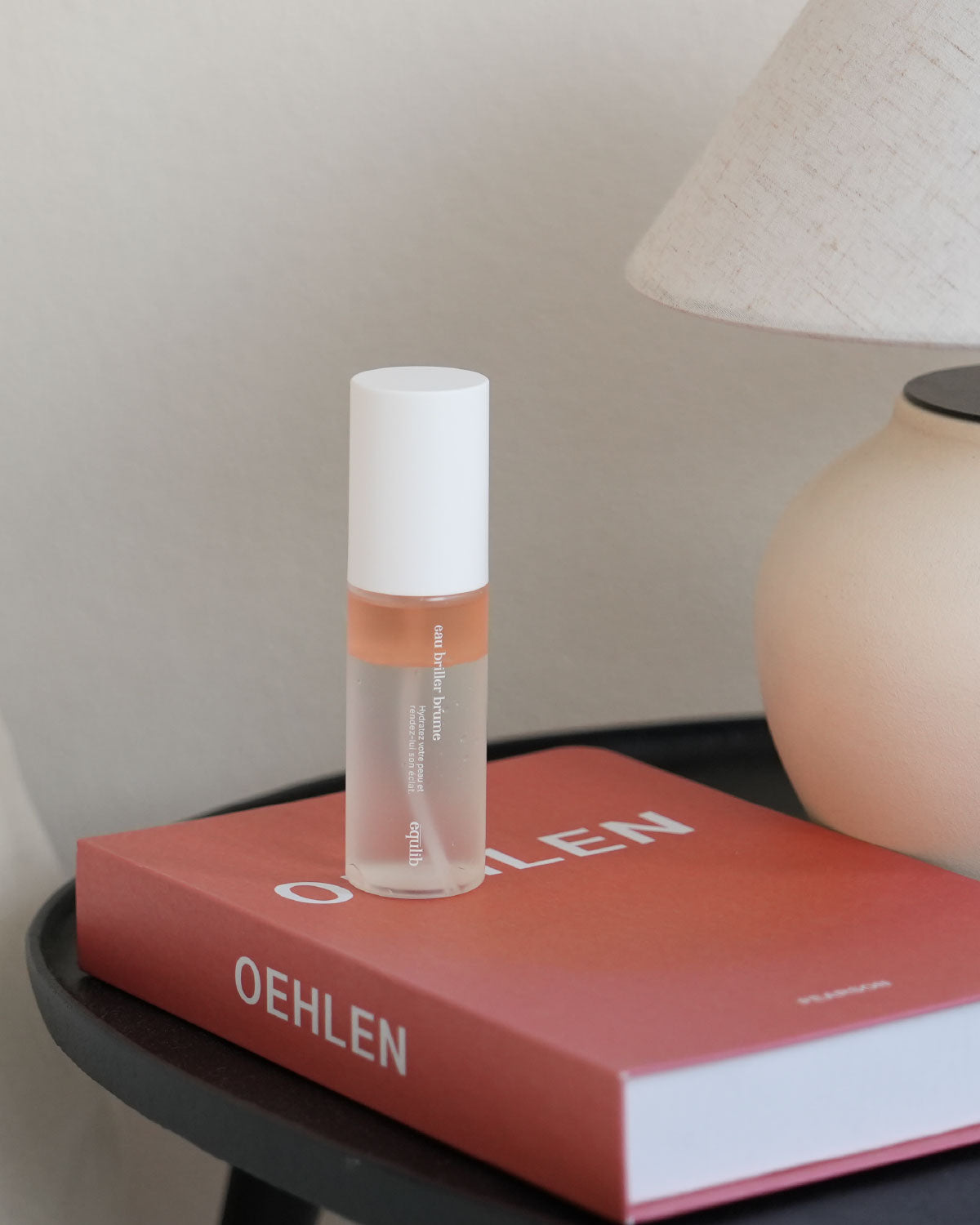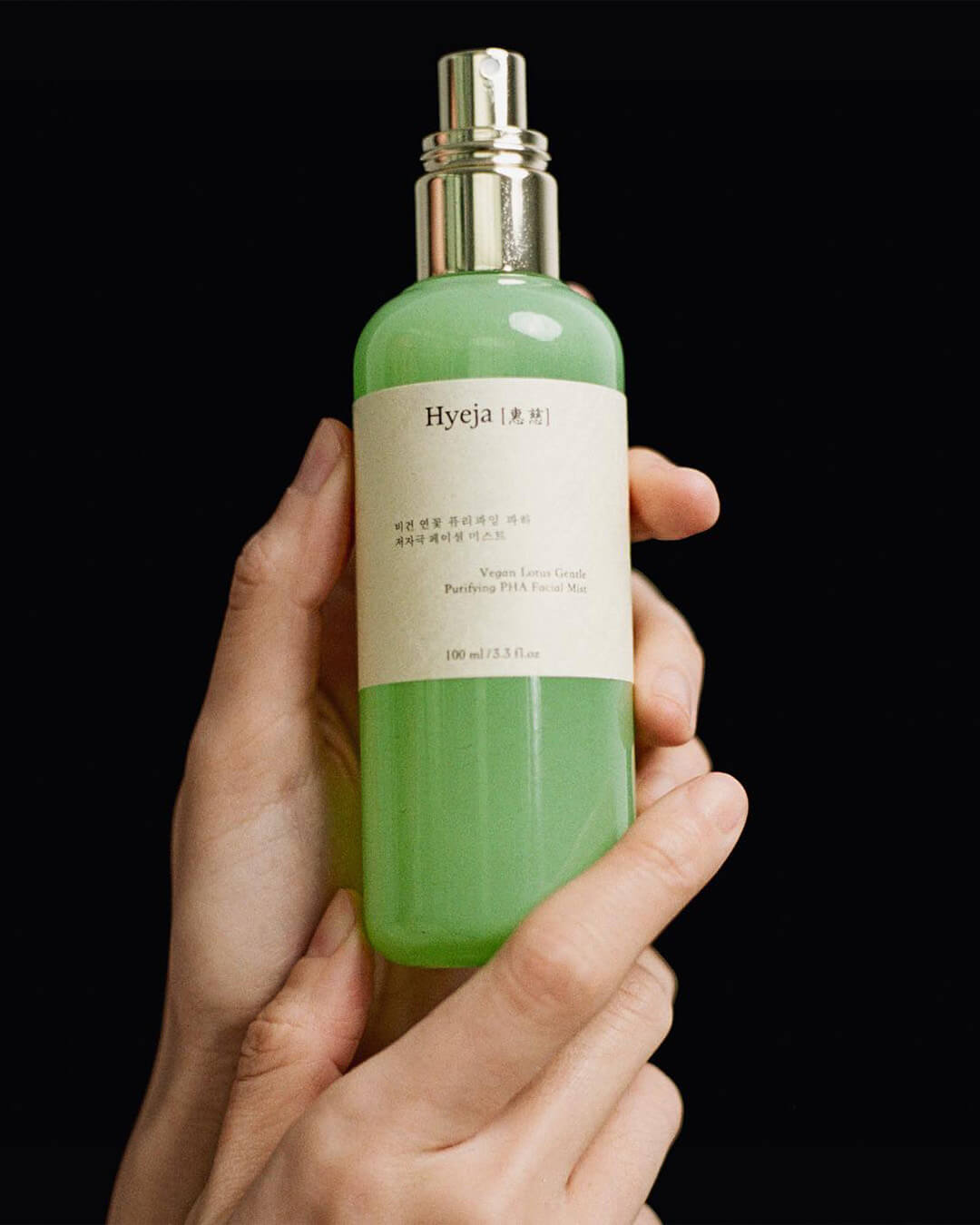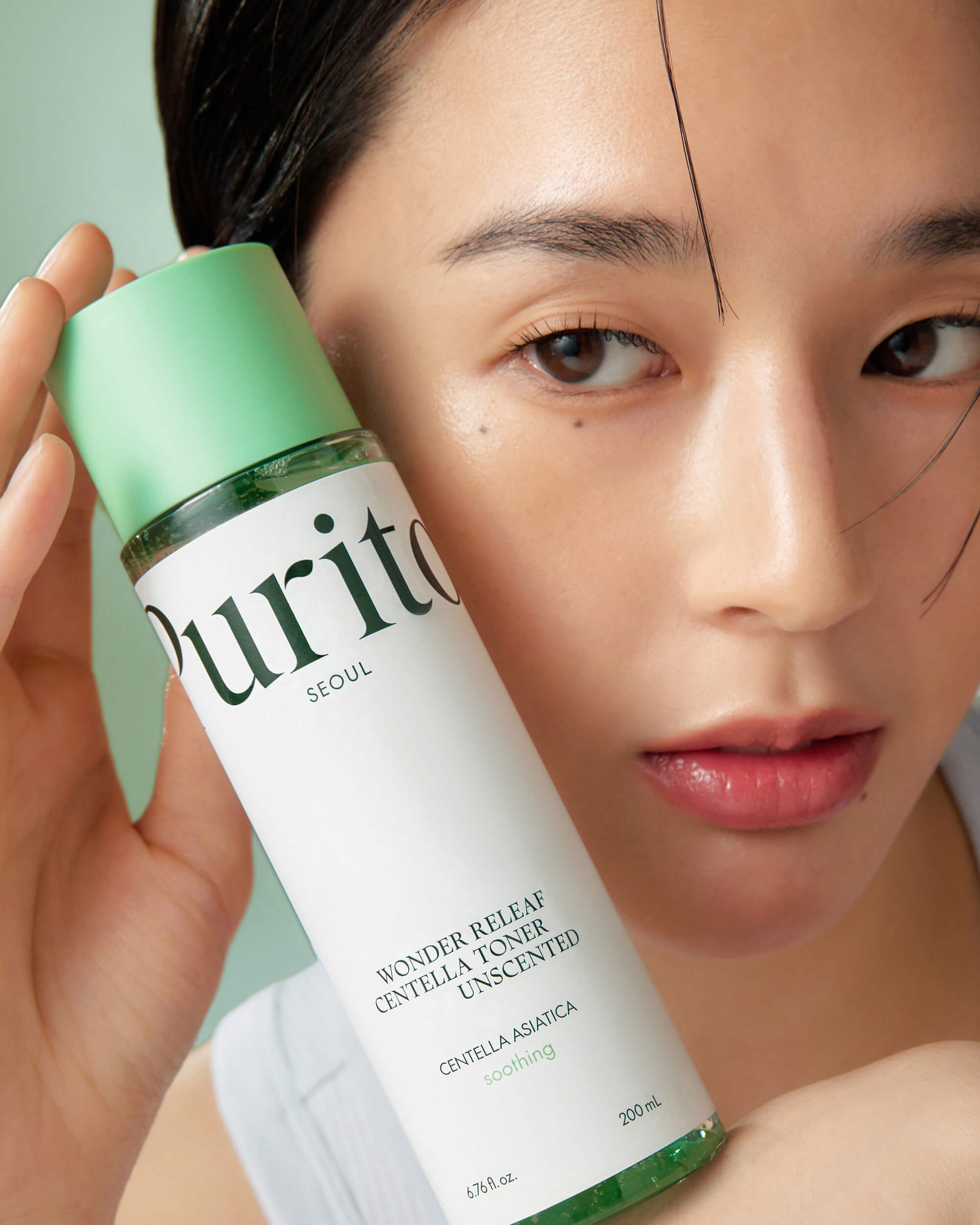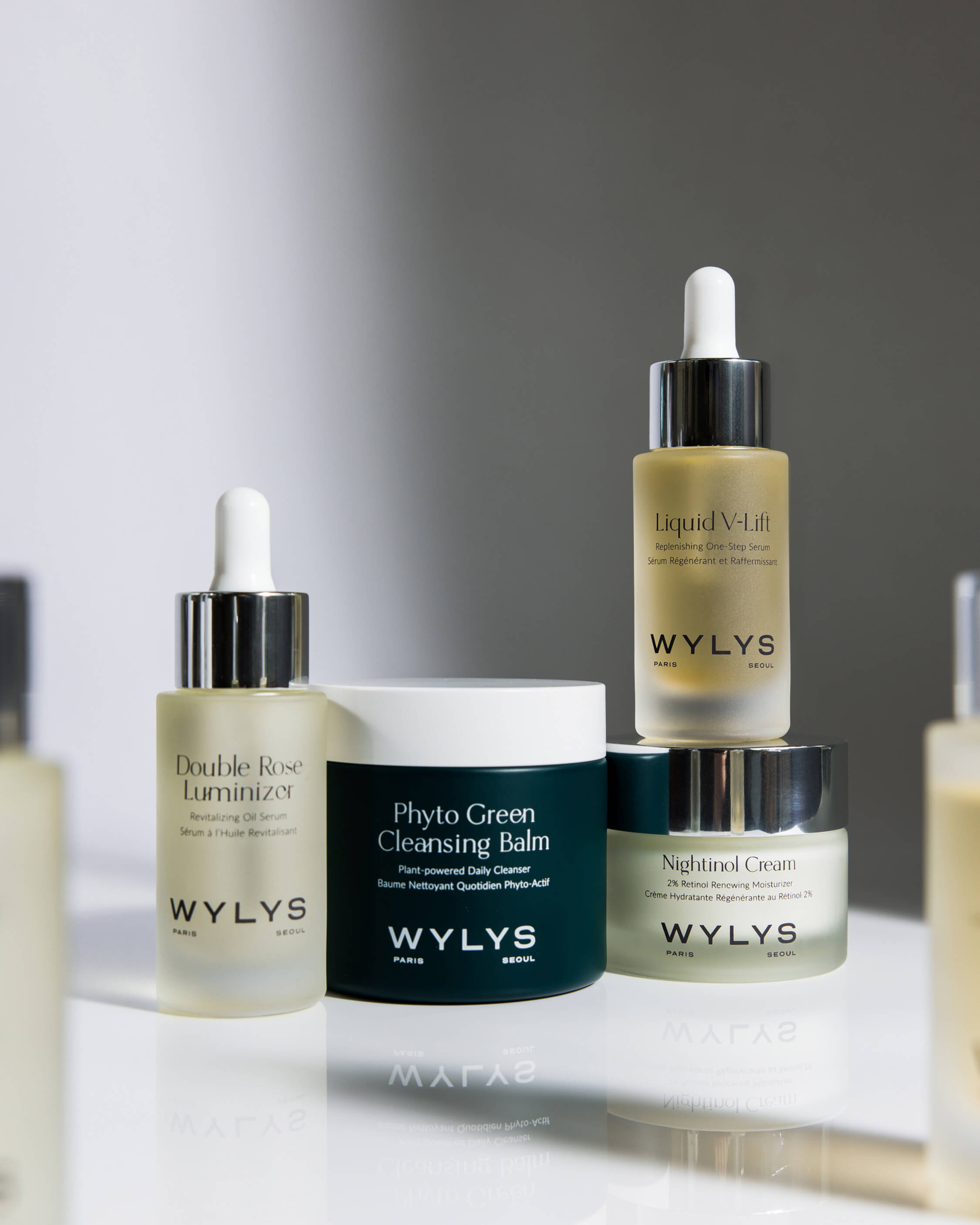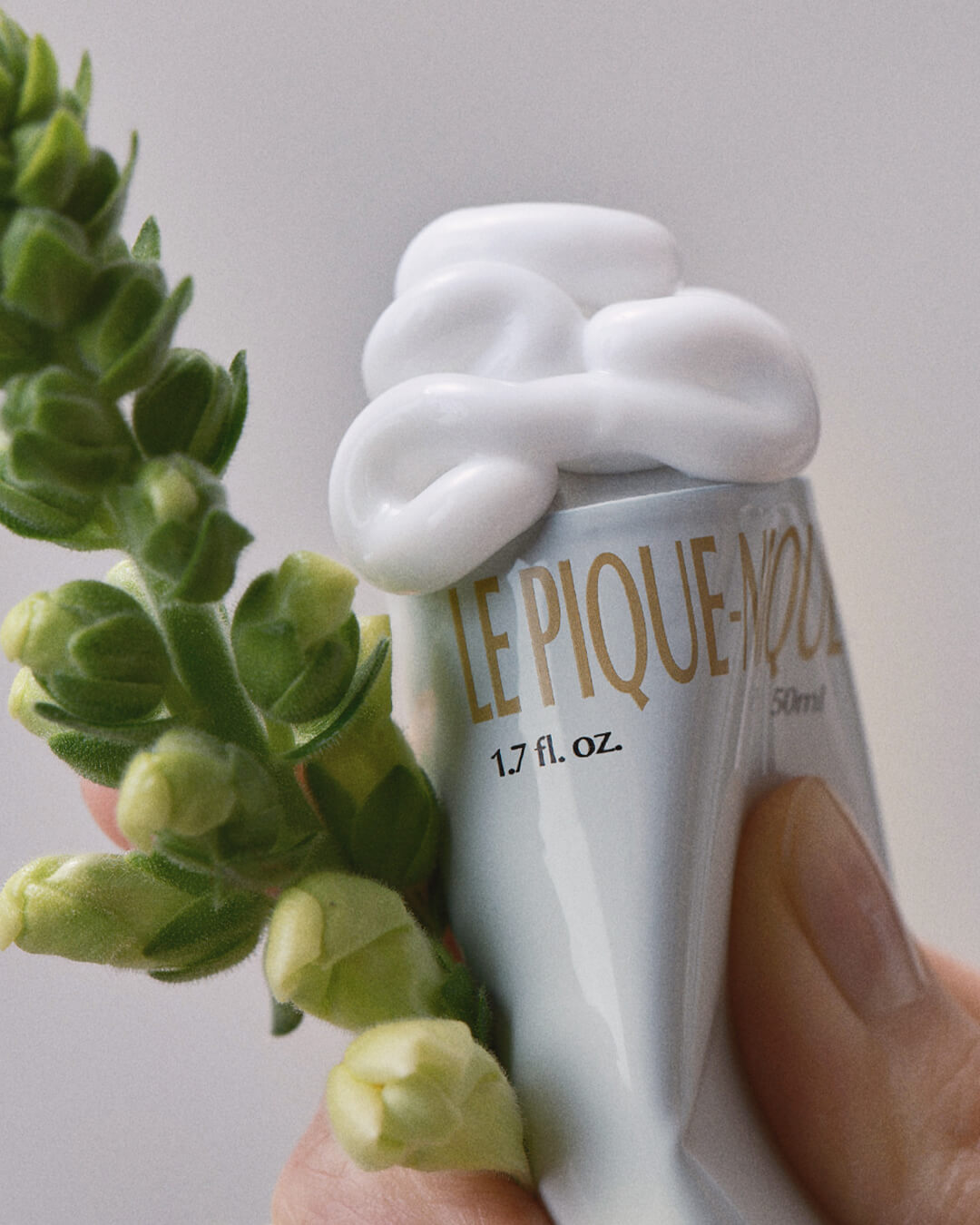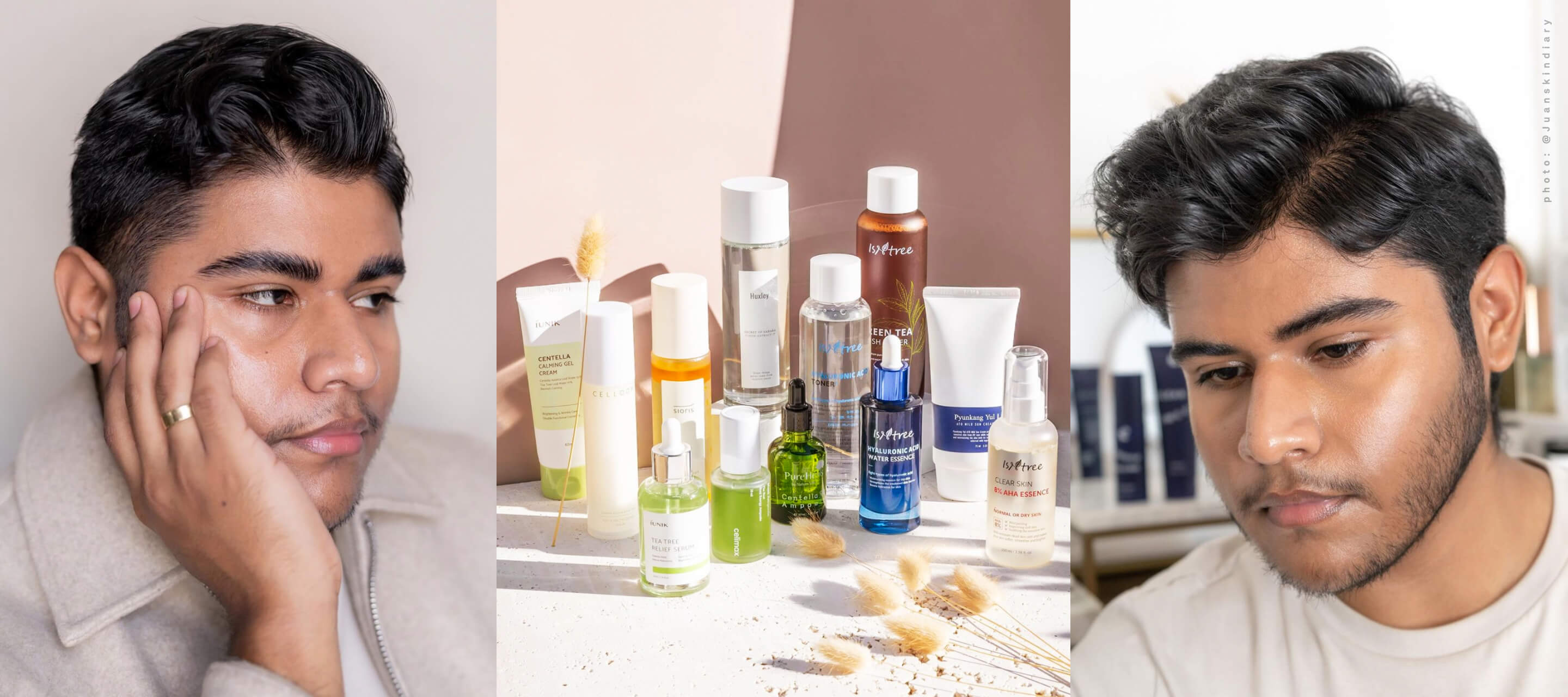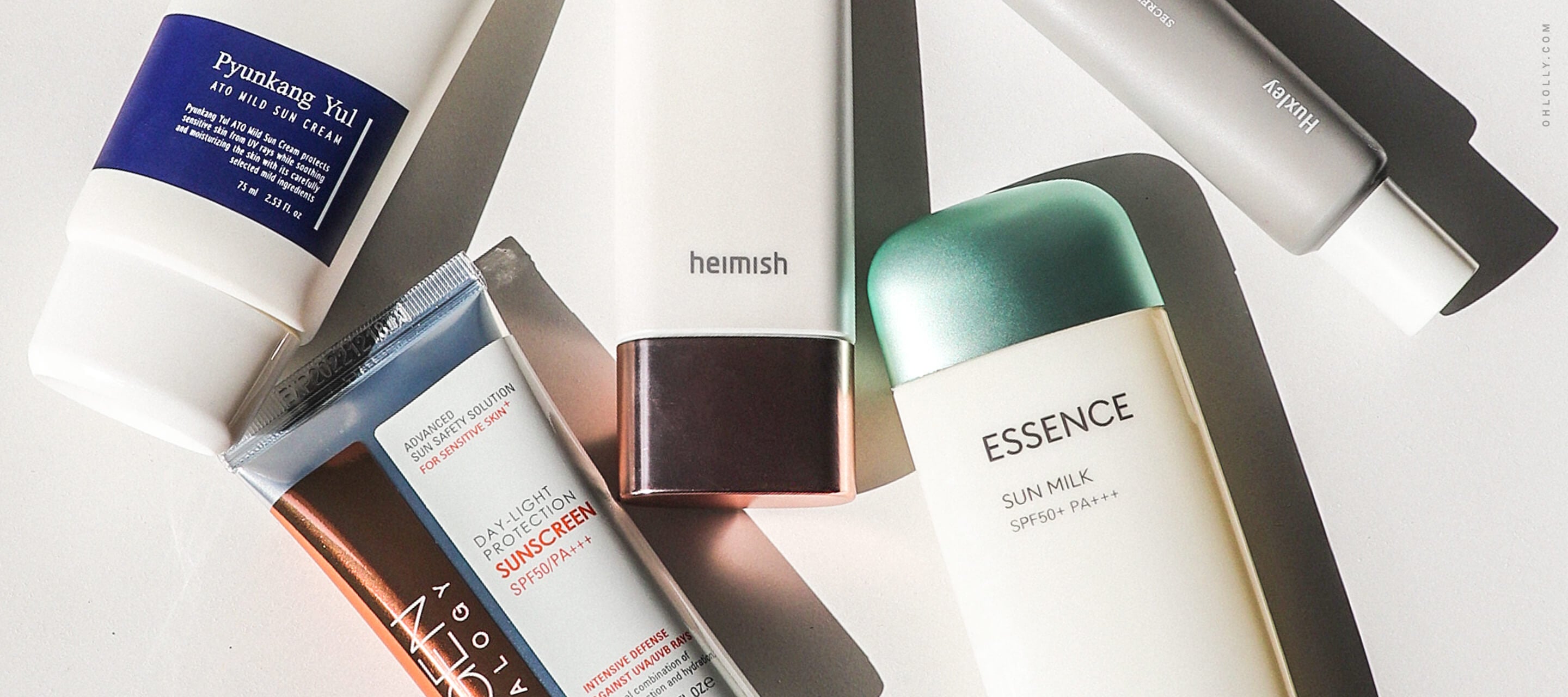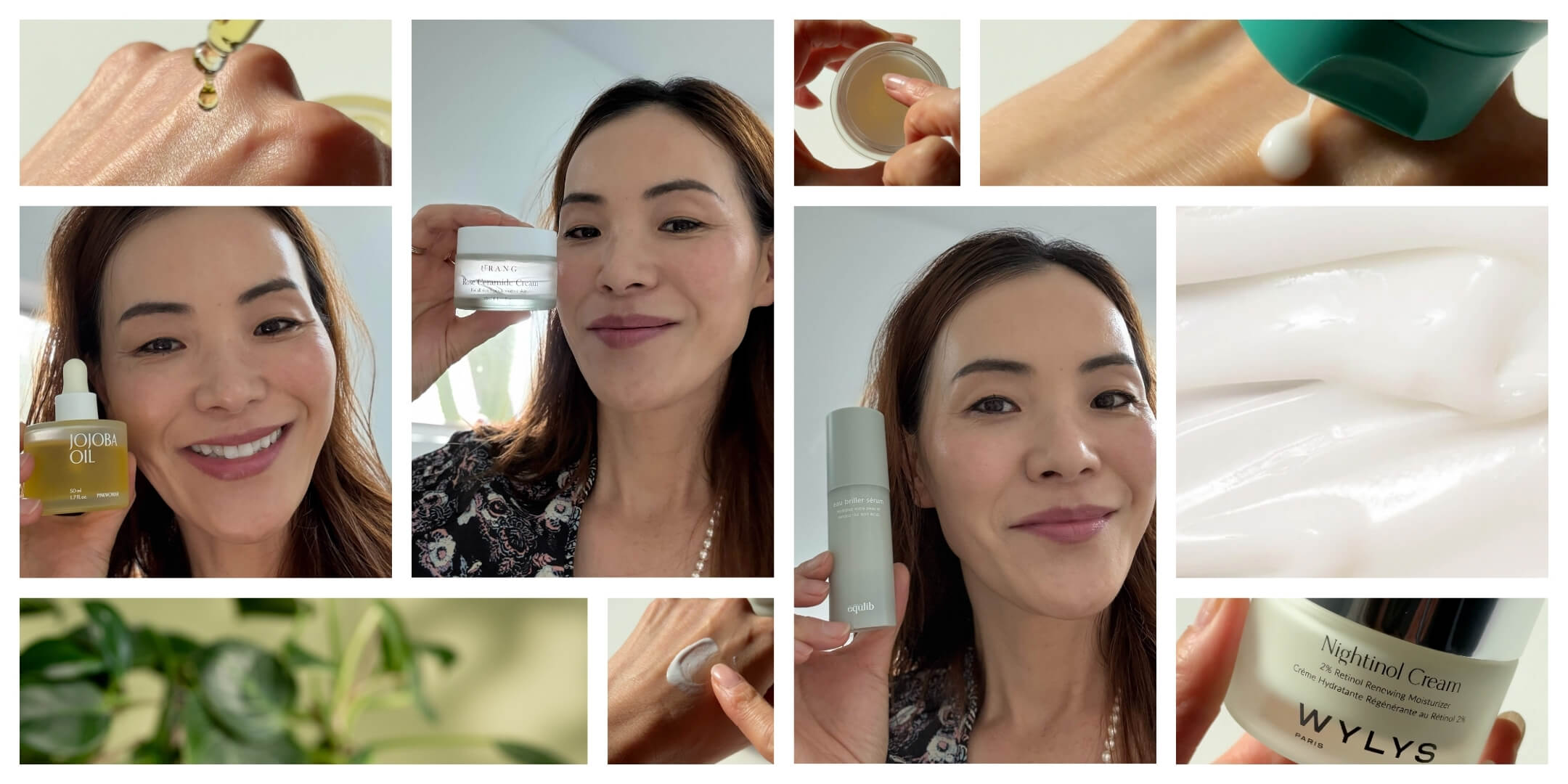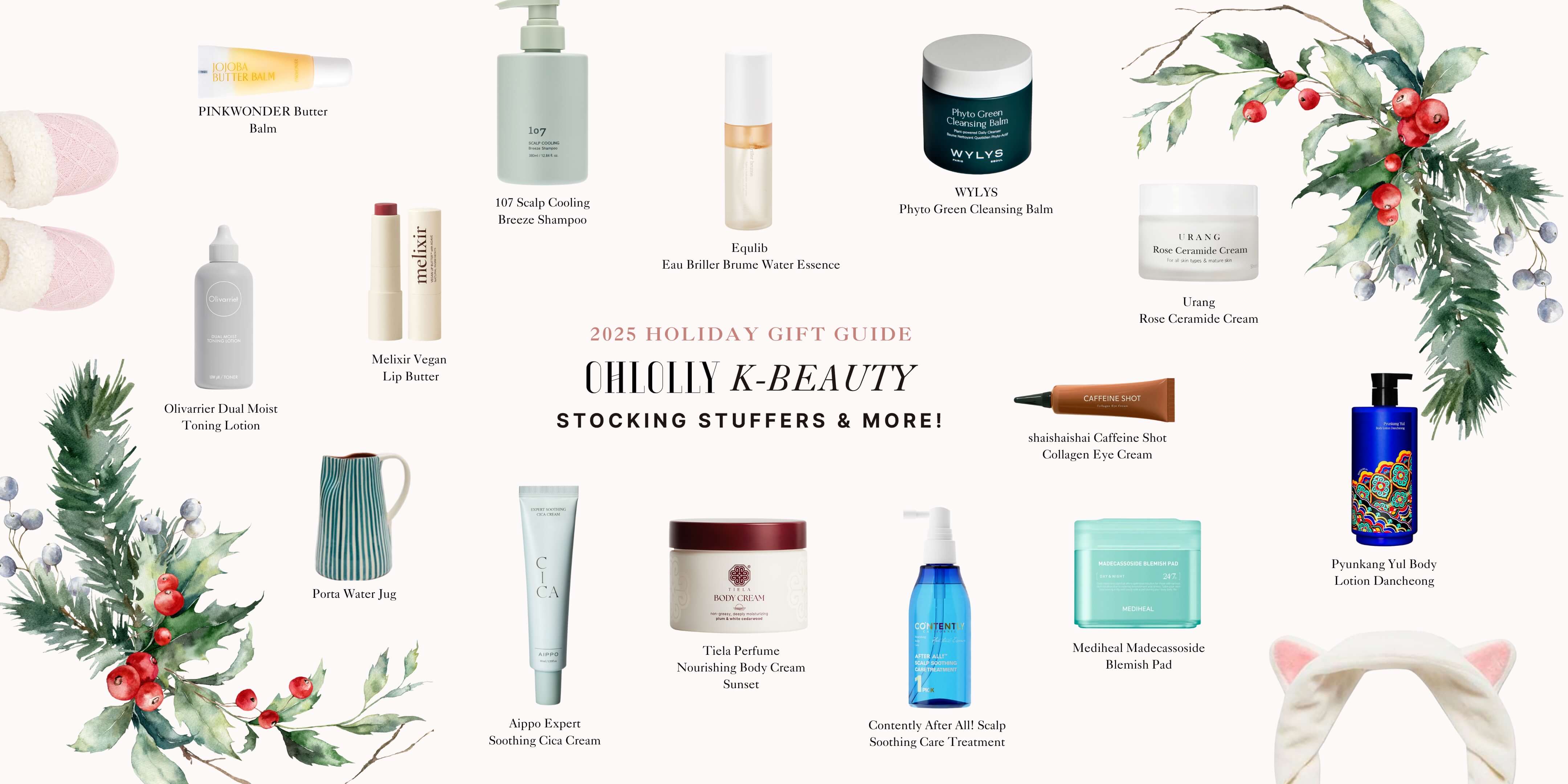Between the ever-advancing world of beauty and the ever-changing landscape of your skin, skin misconceptions can be run rampant. I fell into skin care myself through personal research (AKA desperately Googling “how to get rid of acne”). Why isn’t exfoliation curing my breakouts? Why do I have so much scarring? Why does my skin feel so uncomfortably taut? Our team here at Ohlolly is ready to clarify some of these myths and help you in your skin care journey. Below are a few common skin care myths, debunked:

My skin should feel squeaky clean after I wash it.
Cleansing is not always about exfoliating your skin. The cleansing process (or, the double cleansing process in K-beauty) is meant to rid your skin of dirt, debris, and buildup that’s accumulated from the day. This means makeup and SPF that you’ve put on yourself, but it also includes the environmental factors that your skin weathers throughout the day: pollution, dust, UV damage, etc. As the first barrier into your body, your skin faces a lot throughout the day, so a gentle cleanse that removes debris without harshly stripping the skin is better for your skin. That “squeaky clean” feeling often means your skin is imbalanced and your cleanser has stripped the skin of its natural oils. Oh no!

Toner is meant to be astringent.
This misconception often stems from a misunderstanding of what toner is. The primary job of toner is to provide hydration and balance to the skin. While some more oily skin types do well with gently exfoliating toners (like this one) that control oil production, toner should never strip the skin or dry the skin out.
I don’t need to wear SPF if I don’t go outside (or if it’s not sunny).
Unfortunately, staying inside or in the shade does not always protect from the complete UV spectrum. There are two types of possible sun damage: UVA and UVB (we’ve broken down sun damage in this previous blog). While UVB is more potent, both UVB and UVA are damaging and can lead to a wide variety of skin problems. Many windows (inside buildings or cars) block out UVB rays, but UVA rays are a bit sneakier. Rays can also get through cloud coverage and reflect off buildings, water, snow, and more, so it’s important to wear sunscreen even on cloudy days!
Fighting breakouts means getting rid of oily skin.
Acne-prone skin and oily skin often go hand in hand, but not always. Acne is caused by a buildup of debris in the pores, often due to excess sebum production or inefficient cleansing. While oilier skin types can struggle with acne, focusing on balanced oil/water levels in the skin, rather than stripping the skin of its natural oils, is a more effective way to clear acne. Try a balancing first cleanser or a cooling serum to maintain balance while fighting breakouts.
Tightness is good.
Tightness implies a deficiency of water in the skin (known as dehydrated skin). Dehydrated skin can be caused by factors like diet, stress, poor sleeping habits, or climate. It does not mean that the skin won’t overproduce oil (in fact, it could mean the opposite, since your skin can overcompensate for dehydration with excess sebum production). Try this mist to calm irritation while keeping the skin balanced, or this moisturizer for treatment while you hydrate.
This pimple will heal faster if I pop it.
Wait! Popping pimples means damaging the skin’s surface, which ultimately slows the healing process and creates more potential for scarring. Treatment products unclog acne-causing debris buildup without having to break the skin’s surface to do so. Be patient — the urge to pop is real, but not worth the long-term damage it could cause. Try a spot treatment, a pimple patch, and/or an exfoliator to tackle those irritating spots instead.
If my skin feels tight, it’s probably just dry.
Many people confuse dehydrated skin and dry skin (we discuss this difference on this blog!). Tightness generally means a lack of hydration to the skin (whereas dryness is a lack of moisture), so light, buildable layers of hydration (instead of heavy moisturizers) will be more balancing and hydrating. Try a balancing serum or a repairing essence for tightness relief.
I can’t use acids on sensitive skin.
This assumption entirely depends on the type of acid one uses on the skin. Some exfoliating acids like BHA or AHA can be harsh on sensitive skin, but hydrating or repairing acids, like hyaluronic acid, can be quite rewarding. Hyaluronic acid soaks deeply into the skin to moisturize and balance. Products that combine acids with other sensitive-skin-friendly ingredients (like aloe in this popular essence) can be quite effective in calming and repairing sensitive skin. Other gentle exfoliating acids, like Glycolic or Lactic acid, are okay on sensitive skin types, but probably require slowly building tolerance. Try this new gentle yet potent clarifying essence to treat sensitive skin.
Pores open and close.
This misconception often comes from confusion about what pores are. Pore are openings of the skin with a hair follicle and a sebaceous gland beneath. Unlike mouths, mores don’t open and close at any time. Sebaceous glands produce sebum (the skin’s natural oil), and occasionally, they overproduce, causing blockage and buildup. Products (like this toner) that seem to “tighten” the pores are really breaking up any excess sebum buildup and clearing out pore openings, so that pore may contract to their original size. Pore size depends on genetics and age (the skin will lose elasticity as it ages, so pores may open up more).
Misconceptions in the beauty world are all around, but thankfully our team is here to help. Have skin care myths that need debunking? Send us your questions or concerns at hello@ohlolly.com — let’s talk skin care!
https://www.cancer.org/healthy/be-safe-in-sun/uv-protection.html
Title photo: @Chermitovee on Unsplash

